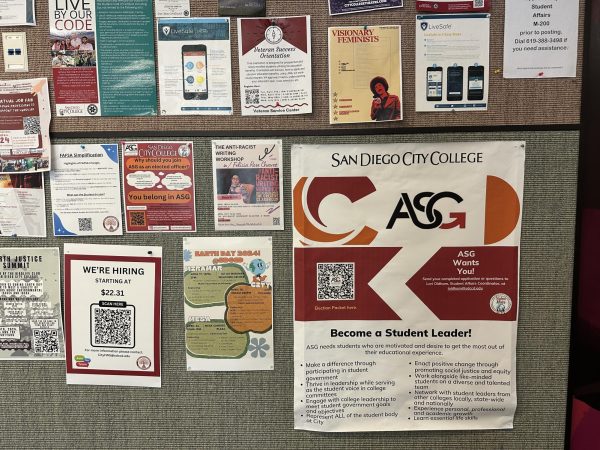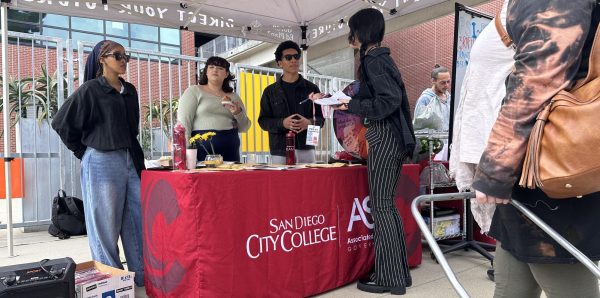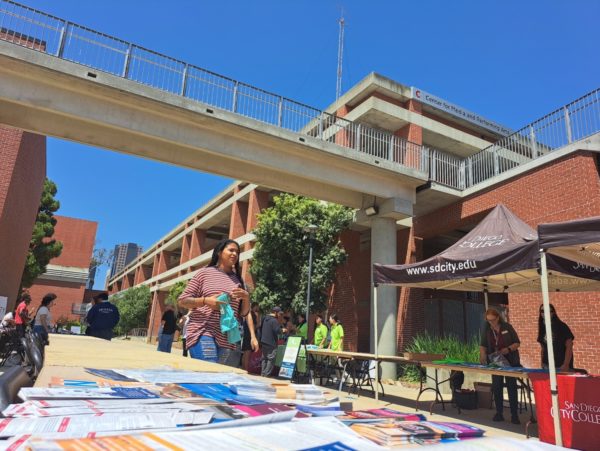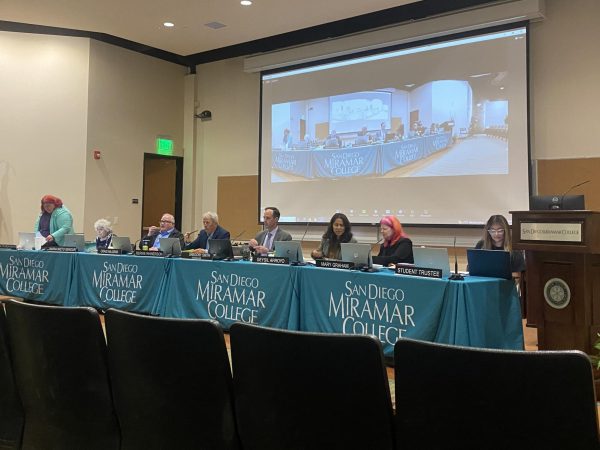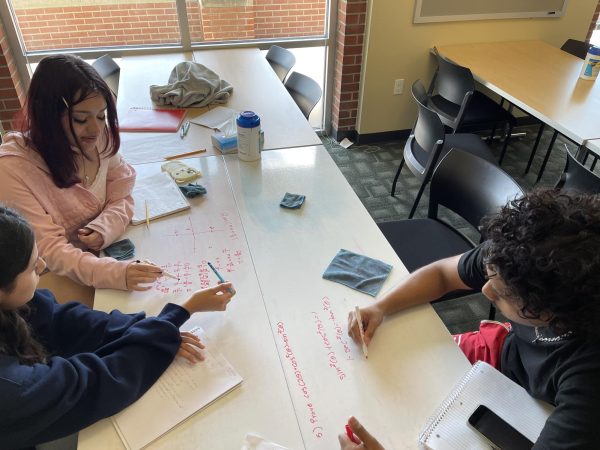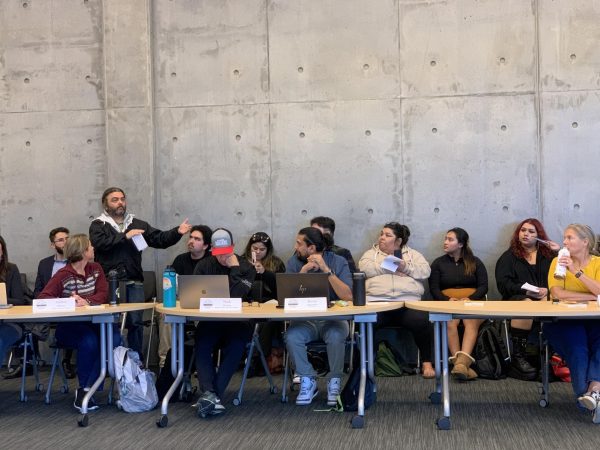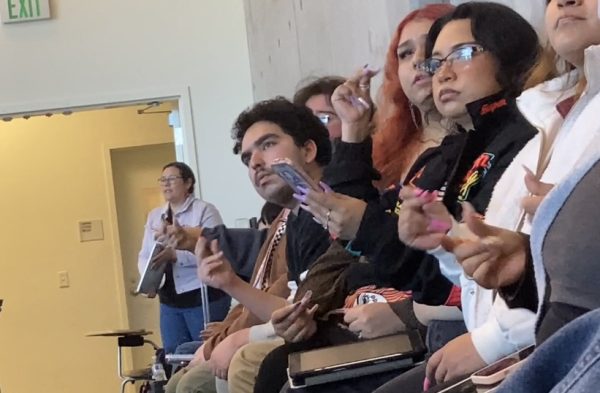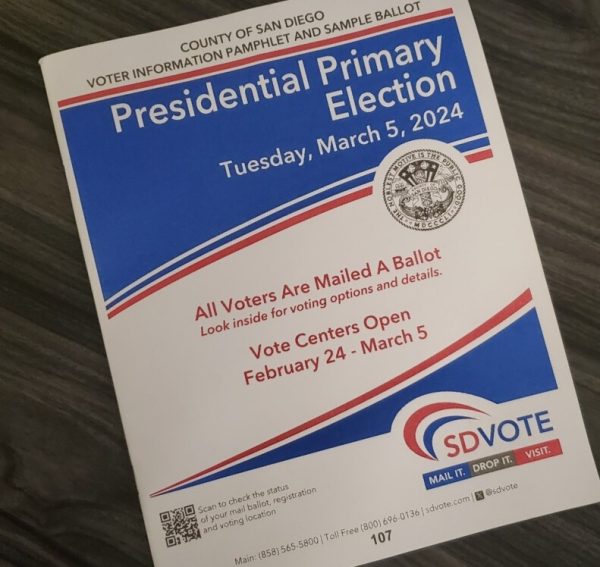Tips when pulled-over
October 24, 2016
With the shooting-deaths of unarmed men by police gaining national attention, including the recent killing of Alfred Olango in El Cajon, City Times reached out to campus police for guidelines on how to make traffic stops safer for both civilians and authorities.
“If you are always polite and follow the officer’s directions, one should never have any issue when pulled over by an officer,” City College Police Lt. Lou Zizzo said.
All local authorities have a protocol to follow when they pull you over, but citizens should also be aware of guidelines they can follow to prevent a confrontation.
The guidelines are as follows:
- Pull over to a safe spot for both you and the officer.
- Have the windows already down and have both of your hands placed clearly on the steering wheel.
- If you are stopped at night, turn on the interior light of the vehicle.
The more that the officer can see and feel comfortable, the better the
contact will be for all involved.
- Before reaching for anything in the vehicle, tell the officer. If your registration is in the glove box, tell the officer that.
- The officer will always ask for your license and registration before
telling you why you were stopped. Provide the requested items to the
officer first, and then ask as to why you were stopped.
- If you have passengers in the vehicle, have them remain quiet and not intervene in the traffic stop.
- If you receive a citation, do not argue your case at the stop. You have
the right to appeal your citation to a judge and to have the officer
subpoenaed to court.
- When receiving a citation, you do not have the right to refuse to sign the citation. Failure to sign the citation will result in you being arrested and taken to jail.
- Remember, if you receive a citation, the officer’s name and identification number
are on the citation, so no need to ask for it.
- If you are only receiving a verbal warning and would like the officer’s information, then that officer must provide it to you.
- If you feel that the officer has treated you unfairly or have some other
complaint besides receiving a citation, you may request to speak with a
supervisor.
These guidelines will not clear you of any charges and are only intended to expedite a potential traffic stop.
More than 800 people have been killed by police in 2016 according to data collected by The Guardian newspaper. There are no national statistics gathered by U.S. federal agencies.
The Officer Down Memorial Page, a “non-profit organization dedicated to honoring America’s fallen law enforcement heroes,” lists the number of police killed by gunfire this year at 44. Jonathan De Guzman, a San Diego Police officer, was added to the list after his death two months ago.


